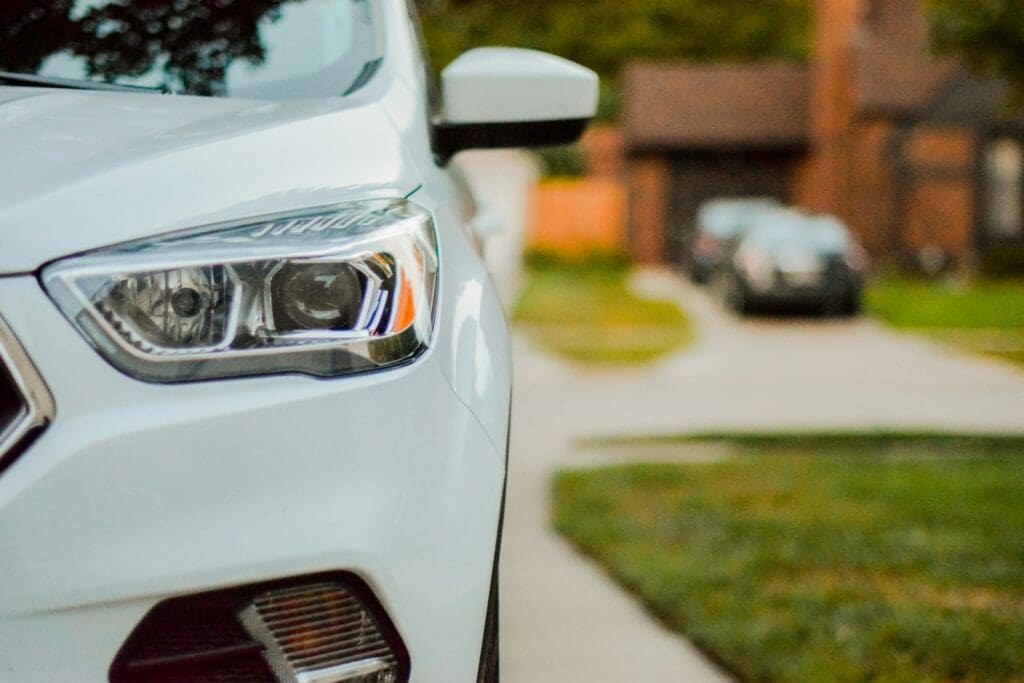Life has been very different for the generation born in the 80s and 90s than it was for Baby Boomers. While Boomers got to enjoy an American economy in full swing, Millennials have struggled to even start building wealth. Here are fifteen major things that have been different for them.
Homeownership

Not even a third of Millennials own their own homes. For many, the idea of home ownership is a distant, unachievable dream. For others, it’s a far-off financial goal that might come into play after they finally pay off their student loans.
Housing Costs

Meanwhile, nearly 75 percent of Boomers own their own homes. This means their housing costs are far, far lower than their younger counterparts. The average cost of rent in the US is $1,600 per month, far higher than the average mortgage payment for Boomers.
Car Ownership

Likewise, fewer Millennials own cars than the percentage of Boomers who have their own vehicles. This could be partly due to demographics, though. Since many Millennials like living in cities, where public transportation is readily available, they might not need cars for their daily commutes.
Student Loans

This one is a no-brainer. Millennials are the generation with the most debt in human history, with people in this age range owing nearly a trillion dollars. The vast majority of this debt is tied up in student loans the generation took out to attend college.
Was it Worth It?

What’s worse, many Millennials now say they feel like their college degrees were overpriced compared to what they got in exchange. It’s more difficult for them to find meaningful, long-term employment opportunities with their degrees than they thought it would be, leaving many bitter and resentful toward society.
Who’s to Blame?

Are Millennials within their rights to blame society for their heavy student loan debt? In their eyes, they were pushed to take out hefty loans to pay off their college tuition because they needed college degrees to ever get meaningful employment. Now that those employment opportunities haven’t materialized, they reckon society has short-changed them on the deal.
Where Are the Jobs?

So, what happened? Well, Millennials entered the workforce facing a lot of competition. There are plenty of other young people with college degrees battling for entry-level jobs. Another factor, though, is that Boomers just aren’t moving out of high-paying positions to make way for the younger generation.
Immovable Workers

Many Boomers landed in high-paying management positions decades ago—often without ever attending college. Moreover, they did so while the economy was booming and housing costs were far lower than they are now. In short, Millennials view Boomers as a generation that got more money for fewer qualifications at a time when smaller amounts went further.
Retirement Expectations

As such, is it any surprise that a sizable number of Millennials think they’ll never retire? For some, the idea of even saving up a few thousand dollars is unthinkably lavish. As such, squirrelling away money for a retirement that might never materialize is simply a nonstarter for such people.
Savings Accounts

Speaking of saving, only around 15% of Millennials have more than $15,000 saved. In fact, half of them have less than $5,000 saved. Just 41% of Millennials say they could cover a $1,000 emergency expense.
Grocery Spending

Interestingly, while Boomers spend more on groceries than Millennials in general, outlying Millennials spend more than outlying Boomers do. Among those who spend more than $500 per month, the majority are Millennials, perhaps showing that affluent young professionals have a pickier palette than their older counterparts.
Entertainment Spending

Millennials spend far, far more money on entertainment than Boomers do. In fact, the few splurges that the lowest-earning Millennials report are their trips to the movies, dinners with friends, or vacations to unique places. Millennials prize experiences and “treating themselves” more than owning luxury goods.
Medical Treatment

Here’s a sad one: more Millennials have foregone medical treatments due to high costs than Boomers have. The cost of health insurance in the US is so out-of-control that young people who aren’t covered by their employers’ health insurance simply avoid getting sick or seeing the doctor altogether.
Read More: 10 Things to Know Before You Refinance Your Mortgage
Credit Scores

This one shouldn’t be surprising—very few Millennials have a credit score over 700. This is because they’re more likely to take on significant debt to cover things like vacations, emergency expenses, and the like. Once again, this is a factor of Millennials having so little money saved up.
Read More: This University is Enrolling Nonhuman AI Students
Middle Class

The middle class is eroding at a rapid pace and Millennials are the main generation being squeezed out of it. In short, they simply don’t have the same opportunities their parents had, which is a first in the modern era and a troubling sign of the shape of the future of the country’s economy.
Read More: 15 Ways to Reduce Expenses








